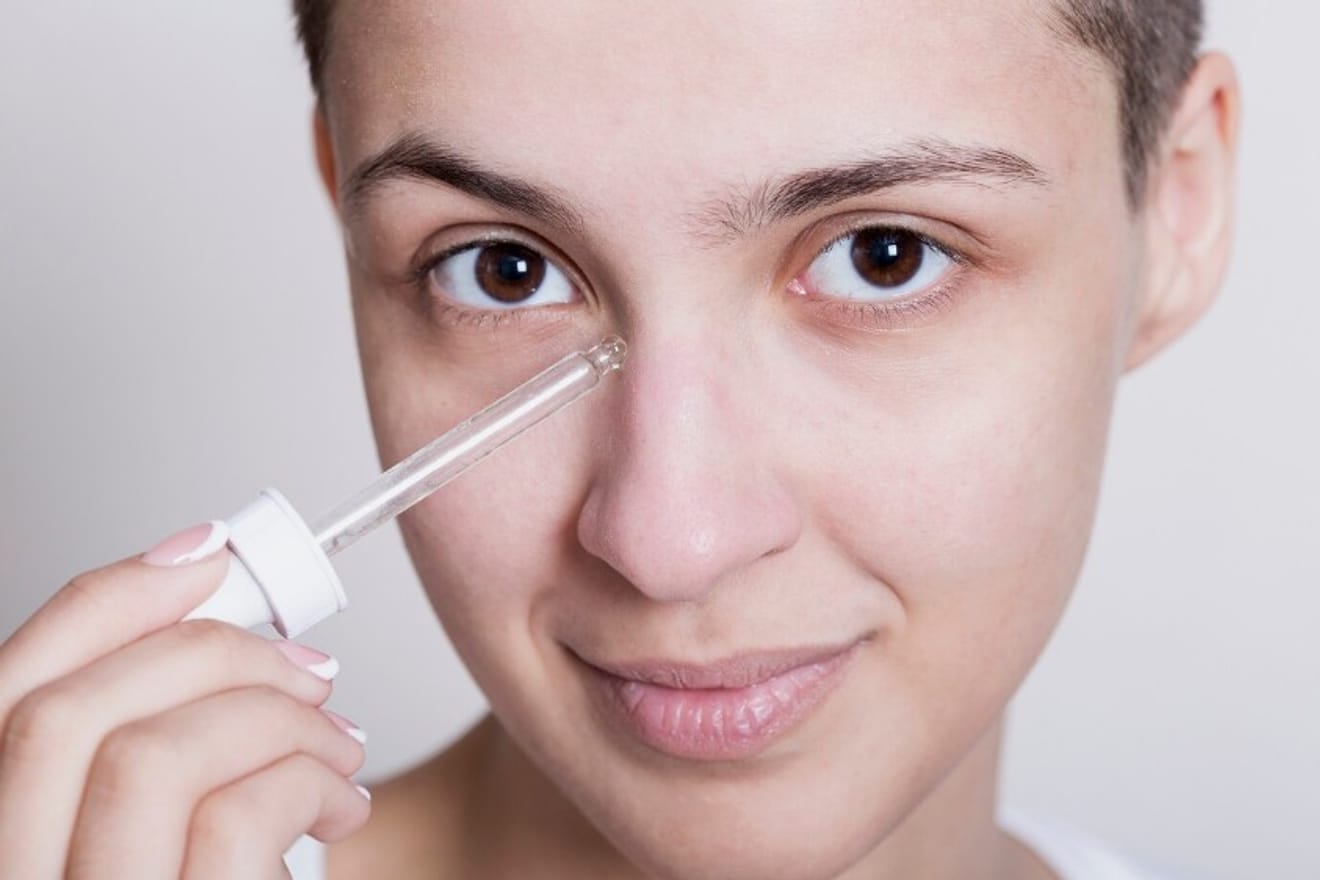Subject
- #Hyperpigmentation
- #Blemish Removal
- #Skincare
- #Whitening Ingredients
Created: 2024-04-15
Created: 2024-04-15 13:24
Skin hyperpigmentation is a phenomenon where a certain area of the skin becomes abnormally dark, and it can occur due to various reasons. This phenomenon occurs due to the excessive presence of a pigment called melanin in a specific area of the skin. Melanin is a key factor that determines the color of our skin, hair, and eyes.
In this post, we will explore the causes of skin hyperpigmentation, dark spots, and how to manage them.

1. Sun Exposure: When exposed to ultraviolet (UV) rays, the skin increases melanin production to protect itself from UV damage. This can lead to hyperpigmentation such as sun spots or melasma caused by prolonged sun exposure.
2. Post-inflammatory Hyperpigmentation: This is a dark spot that remains after inflammation caused by acne, burns, or other skin damage subsides. It occurs because inflammation promotes melanin production in the skin.
3. Hormonal Changes: During pregnancy, hyperpigmentation, also known as "melasma gravidarum," can occur due to increased melanin production caused by hormonal changes. Hormone therapy or birth control pills can also cause similar hyperpigmentation.
4. Side Effects of Certain Medications: Some medications can cause photosensitivity or phototoxicity reactions, making the skin more sensitive to UV rays, which can lead to hyperpigmentation.
5. Genetic Factors: Some individuals may be more prone to hyperpigmentation due to family history or genetic predisposition.

Arbutin is a popular ingredient commonly used for skin whitening and improving skin hyperpigmentation. It is a natural compound extracted from bearberry and is a derivative of hydroquinone, but it is considered safer to use. Arbutin is widely recognized as an effective whitening ingredient and its efficacy has been acknowledged as a treatment for various skin problems.
The main effects of arbutin are as follows:
Skin Whitening and Hyperpigmentation Improvement: Arbutin inhibits the activity of tyrosinase, an enzyme that regulates melanin production. Melanin is a pigment that gives color to the skin, and its overproduction can cause skin problems such as melasma, freckles, and hyperpigmentation. Arbutin inhibits this excessive melanin production, helping to brighten skin tone and improve existing hyperpigmentation.
Skin Safety: Compared to hydroquinone, arbutin is much gentler and safer for the skin. While hydroquinone has a strong whitening effect, it can sometimes cause skin irritation and allergic reactions, whereas arbutin can be safely used long-term with fewer irritations and side effects.
Protection from UV Rays: Arbutin can help alleviate skin damage that can be caused by UV rays. By regulating melanin production, it is effective in preventing hyperpigmentation associated with UV-induced skin damage.
Strengthening the Skin Barrier: Products containing arbutin can help strengthen the skin barrier function. This helps maintain the skin's protective barrier against external harmful factors and contributes to reducing moisture loss from the skin.

Vitamin C plays a crucial role in skincare as a potent antioxidant, effectively enhancing overall skin health and appearance. It is mainly available in the form of serums, creams, and face masks, and is used to improve various skin concerns.
The primary effects of vitamin C on the skin are as follows:
Whitening Effect and Hyperpigmentation Improvement: Vitamin C has the ability to inhibit melanin production, which helps reduce melasma, freckles, and hyperpigmentation caused by sun damage. This ingredient brightens skin tone and improves uneven skin tone, contributing to a more even and radiant complexion.
Antioxidant Action: Vitamin C is a potent antioxidant that protects the skin from free radicals. Free radicals are generated by sunlight, pollution, and other environmental stressors, and they accelerate skin aging and cause cellular damage. Vitamin C fights against these free radicals, preventing premature skin aging.
Stimulates Collagen Production: Vitamin C plays a vital role in stimulating collagen synthesis. Collagen is an essential protein that maintains skin elasticity and structure, and it naturally decreases with age. By stimulating collagen production through vitamin C, the skin becomes more elastic, wrinkles are reduced, and it achieves an overall youthful appearance.
Promotes Skin Regeneration and Repair: Vitamin C promotes the skin's natural healing process, accelerating wound healing and improving the appearance of scars. It also reduces inflammation and aids in the healing of post-acne redness or scars.
In conclusion, both arbutin and vitamin C are effective ingredients in improving melasma and acne marks on the skin. When these two ingredients are used together, they can complement each other's effects, resulting in a greater synergistic effect on skin whitening and scar improvement. However, since not all skin types react the same way, it is advisable to conduct a skin test before use.
Comments0